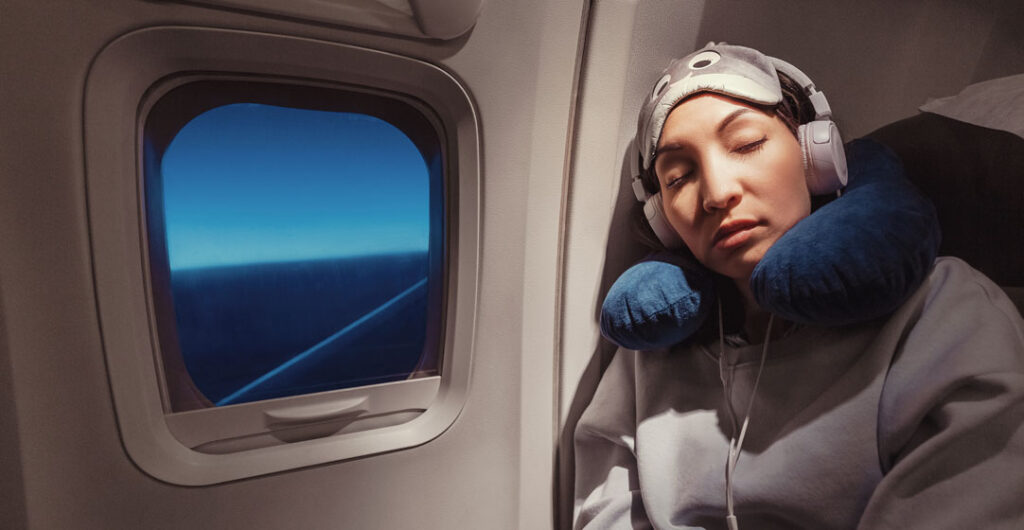|
Traveling to different time zones can be an exciting adventure, but it can also disrupt our sleep patterns and leave us feeling groggy and fatigued. As someone currently experiencing the time difference between Atlanta and Denver, I understand the challenges firsthand. In this blog post, we will explore the common sleep challenges associated with travel and provide practical tips to help you get the best sleep possible, ensuring you feel refreshed and ready to make the most of your trip.
1. Understand Your New Time Zone: Upon arrival at your destination, adjust your mindset and activities to align with the local time. This means eating meals, engaging in activities, and going to bed according to the new time zone. By quickly adapting to the local schedule, your body will adjust more smoothly, minimizing the impact of the time change. 2. Gradually Adjust Your Sleep Schedule: If possible, start adjusting your sleep schedule a few days before your trip. Gradually shift your bedtime and wake-up time closer to the new time zone. For example, if you're traveling from Denver to Atlanta, start going to bed and waking up 15 minutes earlier each day leading up to your trip. This gradual adjustment will help your body acclimate to the time change more effectively. 3. Create a Sleep-Friendly Environment: Ensure your sleep environment is conducive to quality rest. Use blackout curtains or an eye mask to block out any unwanted light. Consider using earplugs or a white noise machine to drown out any disruptive sounds. Additionally, maintain a comfortable temperature in your room to promote better sleep. 4. Stick to a Bedtime Routine: Maintaining a consistent bedtime routine signals to your body that it's time to wind down and prepare for sleep. Engage in relaxing activities such as reading a book, taking a warm bath, or practicing deep breathing exercises. By establishing a routine, your body will recognize the cues and find it easier to fall asleep, even in a new environment. 5. Limit Exposure to Blue Light: Electronic devices emit blue light, which can interfere with your body's natural sleep-wake cycle. Minimize exposure to screens, such as smartphones, tablets, and laptops, at least an hour before bed. Instead, opt for activities that promote relaxation and prepare your mind for sleep. 6. Consider Melatonin: Melatonin is a hormone that helps regulate sleep-wake cycles. If you're struggling to adjust to the new time zone, consider taking a melatonin supplement before bed. Consult with a healthcare professional to determine the appropriate dosage and timing for your specific needs. Conclusion: Traveling to different time zones can present sleep challenges, but with a proactive approach, you can maintain sleep quality and make the most of your trip. By understanding the new time zone, gradually adjusting your sleep schedule, creating a sleep-friendly environment, sticking to a bedtime routine, limiting exposure to blue light, and considering melatonin, you can ensure a restful and rejuvenating sleep experience. So, whether you're in Atlanta, Denver, or any other destination, embrace these tips and enjoy a well-deserved night of quality sleep. Safe travels and sweet dreams!
0 Comments
Leave a Reply. |
AuthorDamian Solorzano is Health and Wellness Influencer, Respiratory Specialist and Health Coach who is passionate about optimizing personal health. Categories
All
Archives
March 2024
|

 RSS Feed
RSS Feed